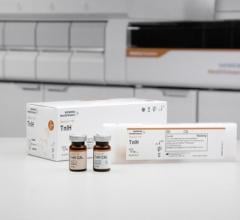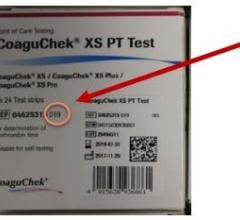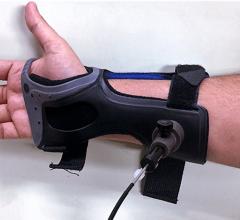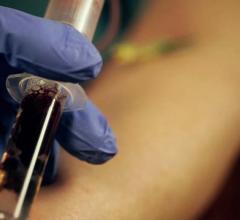April 28, 2008 - Researchers at the University of Warwick have found a that the protein E-selectin is a marker for endothelial dysfunction and sub-clinical systemic inflammation, which can help identify a far greater number of people at high risk for future development of type 2 diabetes.
In a study led by Saverio Stranges, M.D., associate professor of Cardiovascular Epidemiology at Warwick Medical School at the University of Warwick, the team looked at the protein E-selectin, whose presence is an indication of endothelial dysfunction, white blood cell count and levels of albumin, which are markers for sub-clinical systemic inflammation.
They found high levels of E-selectin and white blood cell count with low levels of serum albumin were clear predictors of high risk for type 2 diabetes. The researchers found that traditional risk factors such as obesity or family history helped identify 65 percent of all patients who were at high risk of developing type 2diabetes. But when the information from these three markers was added this increased from 65 percent to 73 percent, which means doctors could be able to spot a greater number of people at risk of type 2 diabetes at an early stage.
The research used data taken from the Western New York Health Study. This was a six-year longitudinal study of diabetes and cardiovascular risk factors among residents of Erie and Niagara Counties, New York.
Dr. Stranges said: "High levels of E-selectin and white blood cells with low levels of serum albumin can indicate endothelial dysfunction and sub-clinical systemic inflammation. These findings corroborate the notion that both these conditions play an important role in the development of the disease. Endothelial dysfunction is also regarded as a key event in the development and progression of atherosclerosis. Finding new markers for type 2 diabetes will help us gain a greater understanding of the condition and possibly open up new possibilities for the way we prevent and treat it."
For more information: http://www.ncbi.nlm.nih.gov/pubmed/18356828?ordinalpos=1&itool=EntrezSystem2.PEntrez.Pubmed.Pubmed_ResultsPanel.Pubmed_RVDocSum


 October 09, 2019
October 09, 2019 









